Energy Efficiency
Climate Energy is the UK’s largest independent energy efficiency company
| Whether you're looking to cut the cost of your energy bills, switch to a more sustainable fuel source for your home or find a new, more efficient gas boiler - you can rely on Climate Energy for expertise, quality, affordability and unrivalled service. |
|
SOLID WALL
Give your home a heat saving makeover and save up to £460 a |
CAVITY WALL AND Keep the heat in and save up to £250 a year on your energy bills |
RENEWABLE Get paid thousands of pounds for producing your own energy |
HEATING Switch to a new energy efficient boiler and save up to £490 a year |
|---|

Roundup of Best Practices for Conducting Energy Assessments
Data analysis is a critical component of energy assessments. Gathering information from various sources, such as energy bills, equipment performance metrics, and occupancy patterns, allows for a comprehensive understanding of how energy is consumed w...
Read more →
Review of the Top Energy Management Software
An intuitive user interface is crucial for energy management software, as it directly affects the overall experience for users. A well-designed dashboard allows users to quickly access essential data and navigate through functionalities without feeli...
Read more →
10 Key Benefits of Energy Audits for Businesses
A comfortable workplace significantly boosts employee morale and productivity. Energy audits identify inefficiencies related to heating, cooling, and lighting. By addressing these areas, businesses create environments that enhance focus and overall w...
Read more →
The History of Energy Audits in Industrial Settings
Awareness of environmental issues has surged in recent years, prompting various sectors to adopt practices aimed at reducing their ecological impact. In the industrial arena, this shift has resulted in heightened interest in sustainability initiative...
Read more →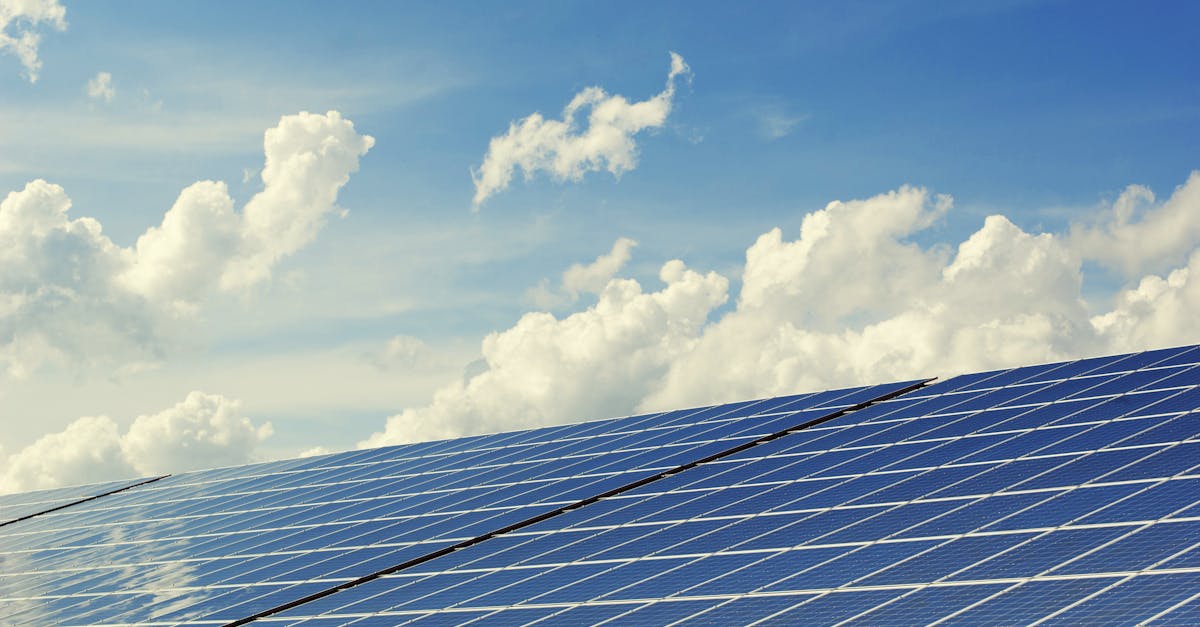
Why Implementing Energy Management Systems Matters
Modern advancements have significantly transformed how energy is managed within various sectors. The integration of sophisticated software solutions enables organisations to monitor energy consumption more effectively. Data analytics tools provide in...
Read more →
Why Energy Audits are Crucial for Industrial Efficiency
Numerous organisations have benefitted from comprehensive energy audits, showcasing the tangible advantages of such initiatives. One notable case involved a manufacturing facility that undertook an energy audit, leading to the identification of ineff...
Read more →
What is an Energy Audit and Why is it Important
Energy audits play a crucial role in identifying inefficiencies within energy consumption practices. By systematically examining how energy is used, these audits highlight areas where savings can be made. Implementing the recommendations from audits ...
Read more →
What to Expect During an Energy Assessment
The results of an energy assessment provide valuable insights into a property's energy performance. Key indicators will reveal areas where energy consumption is excessive. These metrics can include energy usage intensity, peak demand, and overall eff...
Read more →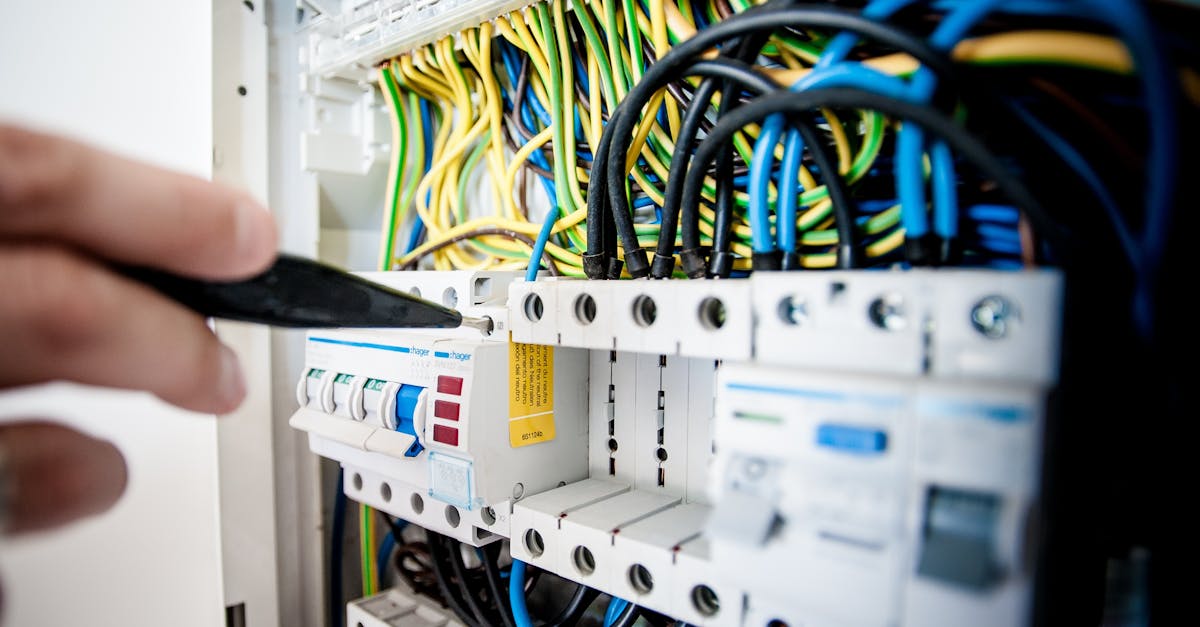
How to Conduct an Effective Energy Audit
An effective energy audit relies on various tools and instruments designed to assess energy consumption and identify inefficiencies. Infrared thermography cameras can detect thermal leaks, enabling auditors to pinpoint areas needing insulation improv...
Read more →
Roundup of Best Practices in Renewable Energy Integration
Involving local communities in renewable energy projects fosters a sense of ownership and accountability. This engagement can take various forms, from public consultations to collaborative decision-making processes. When residents are included in the...
Read more →
How to Implement an Energy Management System in Your Facility
Establishing a comprehensive implementation plan is vital for the success of an Energy Management System (EnMS). This plan should outline the specific goals and objectives of the energy initiative, ensuring alignment with the broader sustainability t...
Read more →
10 Tips for Effective Waste Heat Recovery
Efficient heat transfer is crucial in maximising waste heat recovery. Various methods can be employed to enhance the effectiveness of heat exchangers. Selecting appropriate materials and designs increases thermal conductivity and allows for better en...
Read more →
Review of Leading Energy Management Software Solutions
The ability of energy management software to grow alongside a business is crucial for ensuring long-term efficiency and effectiveness. As organisations expand, their energy management needs can become more complex. Solutions that offer modular featur...
Read more →
The Evolution of Energy Management Systems in Industry
The integration of data analytics into energy management has transformed how industries observe, evaluate, and optimise their energy consumption patterns. By leveraging vast amounts of operational data, companies can gain deeper insights into their e...
Read more →
Why is Energy Efficiency Important for Sustainable Development
The importance of cohesive policy frameworks cannot be overstated when it comes to enhancing energy efficiency. Governments and international bodies often establish guidelines and regulations that encourage compliance with energy-saving measures. The...
Read more →
What are the Benefits of Renewable Energy Integration
The transition to renewable energy sources significantly strengthens a nation’s energy security. By harnessing solar, wind, and other renewable resources, countries can reduce their dependence on imported fossil fuels. This shift is crucial for mit...
Read more →
Why Conduct Energy Audits and Assessments in Industry
Advancements in technology have significantly enhanced the precision and efficiency of energy assessments. Sophisticated software tools allow for real-time data collection, analysis, and reporting, enabling industries to identify energy usage pattern...
Read more →
What is Process Optimisation in Energy Efficiency
In the manufacturing sector, a prominent example of successful process optimisation can be seen in a leading automobile manufacturer that implemented lean manufacturing principles. By streamlining production lines and reducing waste, the company achi...
Read more →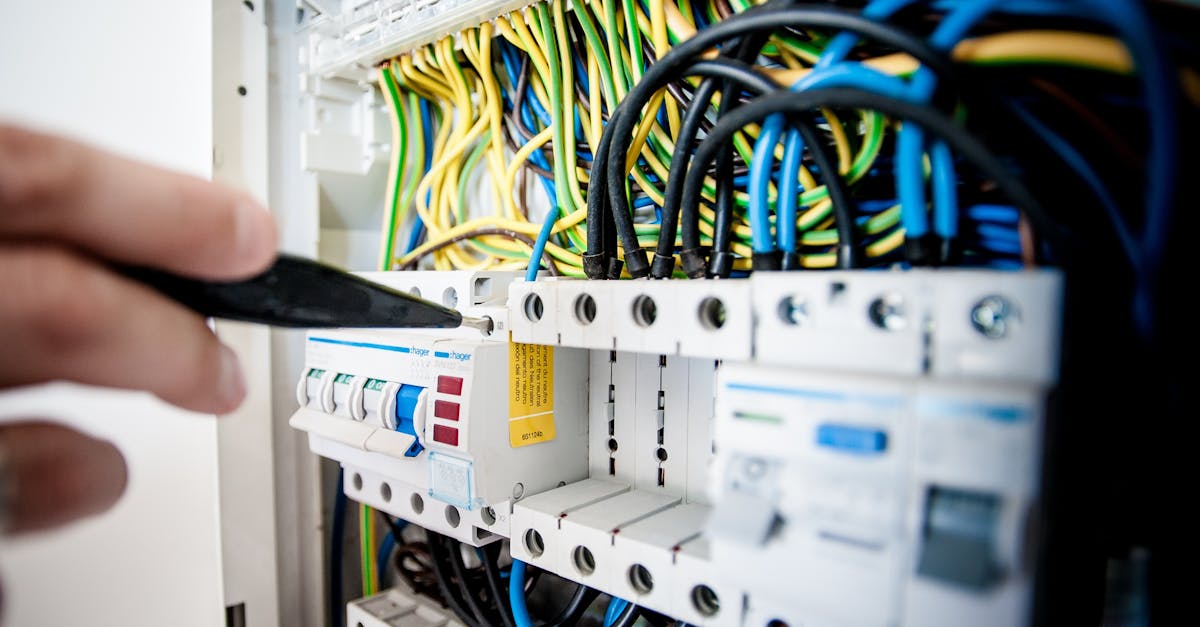
How to Maximise Waste Heat Recovery in Industrial Processes
A well-structured recovery system is crucial in maximising the benefits of waste heat. An initial assessment of the industrial process in question allows for understanding specific temperature ranges, heat sources, and the potential for heat reuse. I...
Read more →
How to Implement an Effective Energy Management System
Involving employees in energy management is crucial for fostering a sense of ownership and commitment to sustainability goals. Educating staff about the impact of their actions on energy consumption can lead to increased awareness and motivation. Reg...
Read more →
Roundup of Top Energy Management Systems for Industrial Use
The landscape of energy management systems (EMS) is diverse, with various software solutions catering to specific industrial needs. Each system often provides unique features that align with different operational goals. For instance, some platforms e...
Read more →
Review of the Latest Waste Heat Recovery Technologies
Waste heat boilers capture and utilise waste gases or heat from industrial processes to generate steam or hot water. These systems are most effective in industries with high-temperature exhaust, such as power generation and metal processing. By recyc...
Read more →
10 Best Practices for Process Optimisation in Manufacturing
Establishing standardised procedures forms the backbone of an efficient manufacturing operation. Consistency in processes leads to predictable outcomes, reducing variability and minimising errors. When teams follow a unified set of guidelines, it not...
Read more →
The History of Energy Management Systems in Industry
The expansion of global trade has significantly influenced energy management practices across various industries. Companies are compelled to adopt and implement effective energy management systems to remain competitive in an interconnected market. Th...
Read more →
Why Energy Audits are Essential for Industrial Operations
Preparing for an energy audit requires a thorough understanding of the facility's current energy consumption patterns. It is advisable to gather relevant documentation such as previous utility bills, equipment inventories, and operational schedules. ...
Read more →
Why Renewable Energy Integration is Crucial for Energy Efficiency
The transition to renewable energy sources has revealed various challenges that need addressing. One significant hurdle is the intermittent nature of resources like solar and wind energy. Fluctuating weather conditions can lead to inconsistencies in ...
Read more →
What to Consider for Successful Process Optimisation in Industry
In today's competitive landscape, robust data analysis is paramount for identifying inefficiencies and opportunities within industrial processes. Companies can gain insights into their operations by collecting and examining relevant data, enabling in...
Read more →
What to Know About Waste Heat Recovery Technologies
Waste heat recovery systems are composed of several critical components that facilitate the effective capture and utilisation of excess heat generated during industrial processes. Heat exchangers play a pivotal role in transferring heat from waste st...
Read more →
How to Implement Effective Energy Management Systems in Industrial Settings
The integration of energy monitoring tools is crucial for enhancing efficiency within industrial settings. These tools enable organisations to collect and analyse real-time data regarding energy consumption patterns. By employing smart meters and adv...
Read more →
How to Conduct Comprehensive Energy Audits and Assessments
Conducting a thorough evaluation of a building or facility is crucial for recognising potential areas where energy efficiency can be enhanced. Begin by assessing the existing energy usage patterns through utility bills and sub-metering data. This inf...
Read more →
Roundup of Best Practices for Energy Audits
The first step in identifying energy-efficiency opportunities involves a comprehensive assessment of current energy usage patterns. This includes analysing utility bills, conducting walkthroughs of facilities, and evaluating the performance of equipm...
Read more →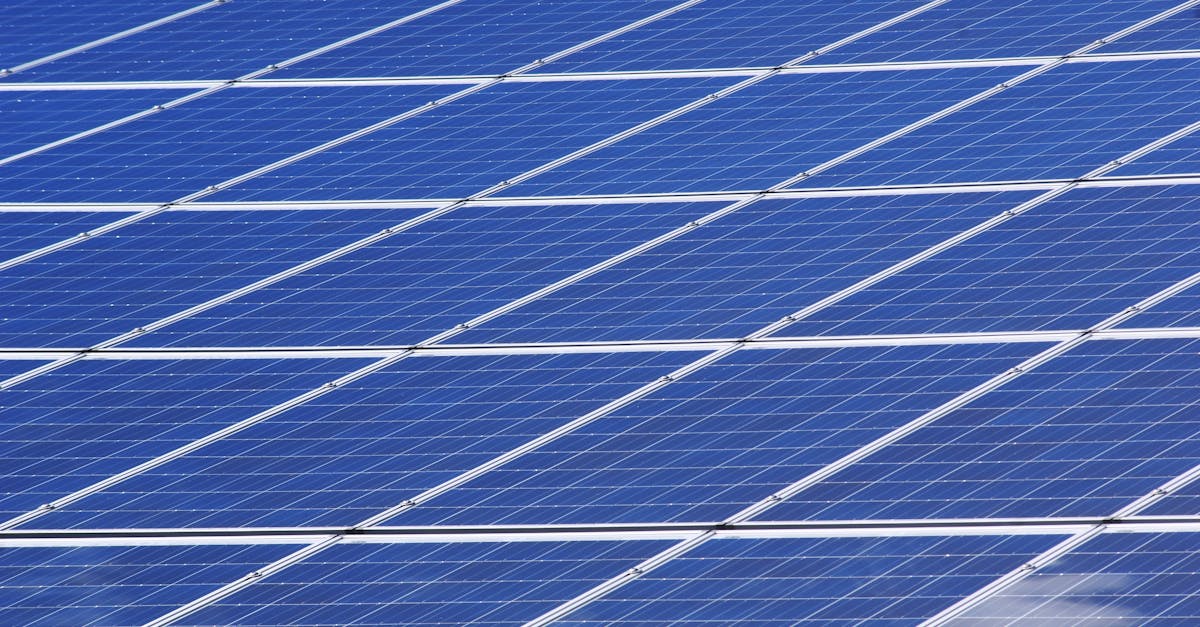
Review of the Latest Technologies in Waste Heat Recovery
CHP systems play a significant role in improving energy efficiency by simultaneously generating electricity and useful heat from the same energy source. This dual output is particularly advantageous in settings like industrial plants, hospitals, and ...
Read more →
7 Effective Strategies for Process Optimisation
Active participation from employees is crucial for any successful process optimisation initiative. When individuals feel valued and part of the decision-making process, they are more likely to invest their time and effort into improving workflows. Or...
Read more →
Historical Overview of Energy Management Systems in Industry
Data analysis plays a crucial role in enhancing the effectiveness of energy management systems, enabling industries to optimise their energy consumption. By extracting insights from large datasets, organisations can identify patterns of energy usage,...
Read more →
Why Waste Heat Recovery is Essential for Industries
Industries that leverage waste heat recovery technologies can experience significant reductions in operating costs. By capturing and reusing heat that would otherwise be lost in processes, companies enhance energy efficiency. This not only leads to l...
Read more →
Why Conduct Energy Audits and Assessments
The field of energy auditing has seen significant technological developments in recent years. Cutting-edge software and sophisticated data analytics tools enable auditors to gather and analyse energy consumption data with remarkable precision. These ...
Read more →
How to Maximise Waste Heat Recovery in Industrial Processes
Existing industrial processes often hold untapped potential for waste heat recovery. By conducting a thorough assessment, facilities can identify areas where heat losses occur. Upgrading insulation, utilising heat exchangers or enhancing equipment ef...
Read more →
What are the Benefits of Renewable Energy Integration
The transition to renewable energy sources significantly contributes to public health by reducing exposure to harmful pollutants. Fossil fuel combustion releases a range of harmful substances, including particulate matter and nitrogen oxides, which a...
Read more →
What is Process Optimisation in Energy Efficiency
Examining real-world examples provides valuable insight into the practical application of energy efficiency measures. In the manufacturing sector, a prominent case is a leading automotive company that adopted advanced data analytics to monitor energy...
Read more →
How to Implement an Energy Management System in Industry
Choosing the right technology is crucial for the success of an Energy Management System (EnMS). Various tools are available on the market, each designed to serve different operational needs and organisational sizes. Factors such as compatibility with...
Read more →
Review of the Latest Waste Heat Recovery Technologies
The adoption of waste heat recovery systems significantly reduces greenhouse gas emissions. By capturing and reusing heat that would otherwise be released into the atmosphere, industries can lower their overall energy consumption. This process not on...
Read more →
Roundup of Best Practices in Energy Audits
The process of analysing energy audit findings is crucial for identifying trends and patterns that inform decision-making. Careful examination of collected data can reveal areas of inefficiency and pinpoint specific sources of energy consumption. By ...
Read more →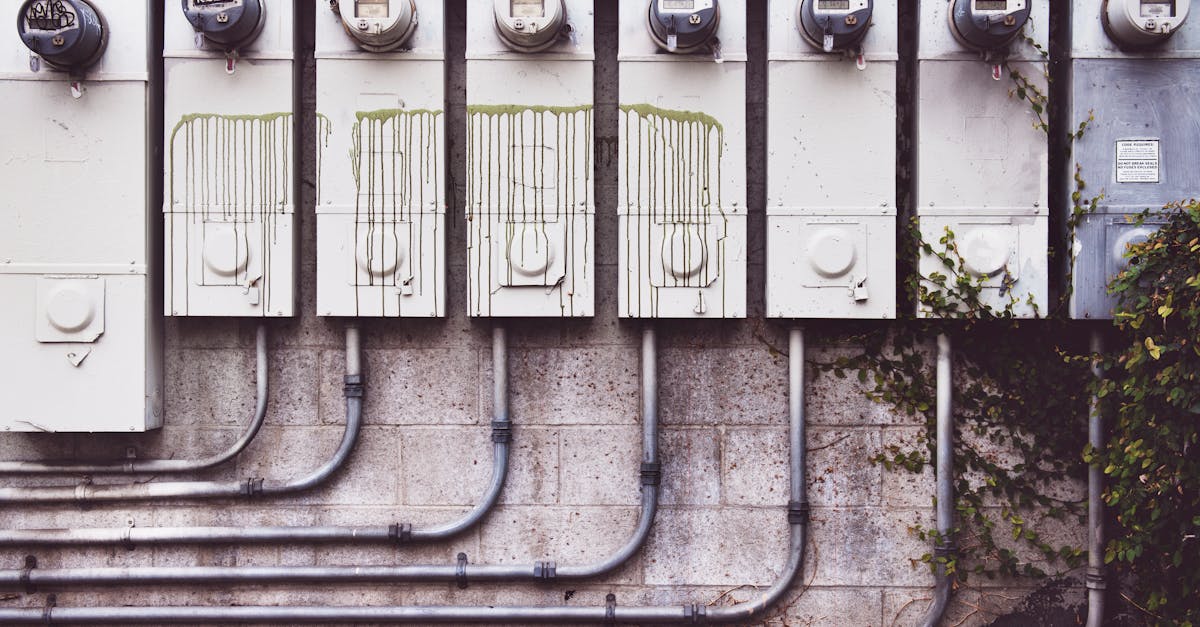
10 Benefits of Effective Energy Management Systems
The implementation of energy management systems facilitates the collection and analysis of extensive data related to energy consumption. With precise monitoring, organisations can identify usage patterns and inefficiencies across different sectors. T...
Read more →
Historical Development of Energy Audits in Industry
The establishment of energy audit standards and protocols has played a vital role in shaping industrial practices around energy efficiency. Various organisations and regulatory bodies have developed frameworks to ensure a systematic approach to asses...
Read more →
Why Energy Management Systems Improve Efficiency
In the manufacturing sector, a leading automotive company implemented an energy management system that enabled them to track energy consumption in real-time. By identifying areas of excessive energy use, they could make necessary adjustments, leading...
Read more →
Why Renewable Energy Integration is Crucial for Industries
The increasing demand for energy in various industries necessitates a robust and reliable power system. Traditional energy sources often come with risks such as supply shortages and price volatility. Transitioning to renewable energy sources can sign...
Read more →
What to Consider When Optimising Industrial Processes
A well-trained workforce is essential for enhancing the efficiency of industrial processes. Investing in comprehensive training programmes equips employees with the necessary skills and knowledge to understand operational protocols and technological ...
Read more →
What to Know About Waste Heat Recovery Solutions
Selecting the right waste heat recovery solution involves assessing several key factors that can significantly impact efficiency and effectiveness. The nature of the heat source, such as temperature, volume, and consistency, plays a crucial role in d...
Read more →
How to Conduct Effective Energy Audits and Assessments
Carrying out an effective energy audit necessitates a systematic approach that begins with clear objectives. Ensuring that everyone involved understands the purpose of the audit can significantly enhance the process. Collecting preliminary informatio...
Read more →
How to Implement Energy Management Systems in Your Industry
Involving stakeholders early in the energy management process enhances the likelihood of successful implementation. Engaging various groups, from management to frontline staff, encourages diverse perspectives that can lead to more informed decisions....
Read more →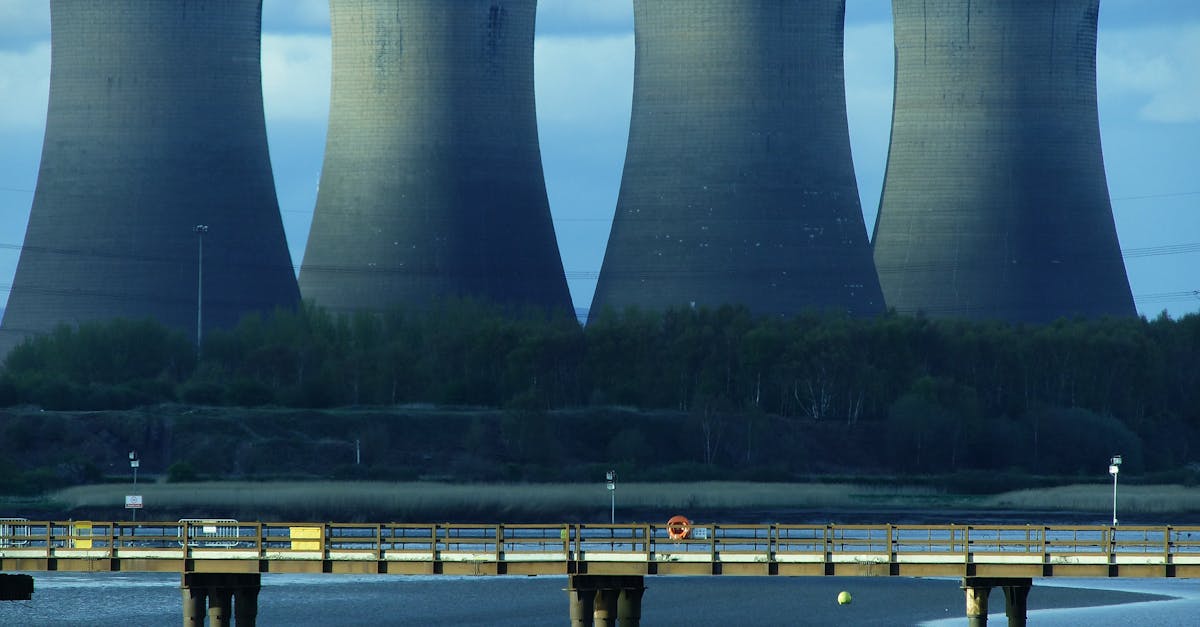
Roundup of Effective Renewable Energy Strategies
Geothermal energy systems leverage the Earth's internal heat to generate power and provide heating. These systems draw on reservoirs of steam or hot water found deep underground. By using wells to retrieve this thermal energy, geothermal plants can d...
Read more →
Review of Top Lighting Efficiency Solutions
The adoption of energy-efficient lighting solutions has gained significant traction in various sectors. Emphasising the use of LED technology plays a critical role in this shift. These bulbs consume substantially less energy compared to traditional i...
Read more →
10 Best Practices for Commercial Energy Efficiency
Maintaining the efficiency of heating, ventilation, and air conditioning (HVAC) systems is crucial for energy conservation in commercial spaces. Regular inspections and maintenance can ensure that these systems operate at peak performance. Cleaning o...
Read more →
The History of Energy Efficiency in the UK
The 1990s marked a significant turning point in the quest for improved energy efficiency in the UK. This decade saw the establishment of pivotal legislation aimed at reducing energy consumption and promoting sustainable practices. Initiatives such as...
Read more →
Why Invest in Building Management Systems
Data plays a crucial role in enhancing the effectiveness of building management systems. Analytics enables facility managers to analyse trends and identify inefficiencies within operations. By evaluating data, managers can make informed decisions, le...
Read more →
Why is Energy Efficiency Important for Businesses
A well-designed workspace that prioritises energy efficiency can significantly enhance employee productivity. Natural lighting, effective climate control, and optimal ventilation contribute to a more pleasant working atmosphere. Employees are likely ...
Read more →
What are the Benefits of HVAC Improvements
Upgrading HVAC systems can significantly reduce energy consumption, leading to lower greenhouse gas emissions. Modern units are designed with improved energy efficiency in mind, which allows them to operate at a fraction of the energy cost compared t...
Read more →
What is Renewable Energy Integration in Commercial Buildings
Integrating renewable energy into commercial buildings presents a range of challenges that stakeholders must navigate. Among these, the initial financial investment often stands out as a significant barrier. The cost of technology, installation, and ...
Read more →
How to Conduct Energy Audits for Commercial Properties
A thorough analysis of energy data involves gathering comprehensive information from utility bills, metering systems, and building management software. This data provides insights into energy consumption patterns and identifies peak usage times. By s...
Read more →
How to Improve Lighting Efficiency in Office Spaces
Implementing task lighting can significantly enhance productivity in office environments. By positioning light sources close to work areas, individuals benefit from concentrated illumination that reduces eye strain and increases focus. Adjustable des...
Read more →
Review of the Best Building Management Systems on the Market
Building Management Systems play a crucial role in enhancing sustainability across various sectors. These systems utilise advanced technology to monitor and control energy consumption, significantly reducing waste. By implementing smart sensors and a...
Read more →
Roundup of Top HVAC Improvements for Energy Efficiency
Enhancing insulation in a home can significantly reduce energy consumption and improve overall HVAC efficiency. This improvement helps maintain a consistent indoor temperature, reducing the workload on heating and cooling systems. Proper insulation c...
Read more →
10 Innovative Lighting Solutions for Energy Efficiency
LED strip lighting has rapidly gained popularity due to its adaptability and ease of installation. Thin and flexible, these lights can be placed in various locations, adding a modern touch to both residential and commercial spaces. Available in a wid...
Read more →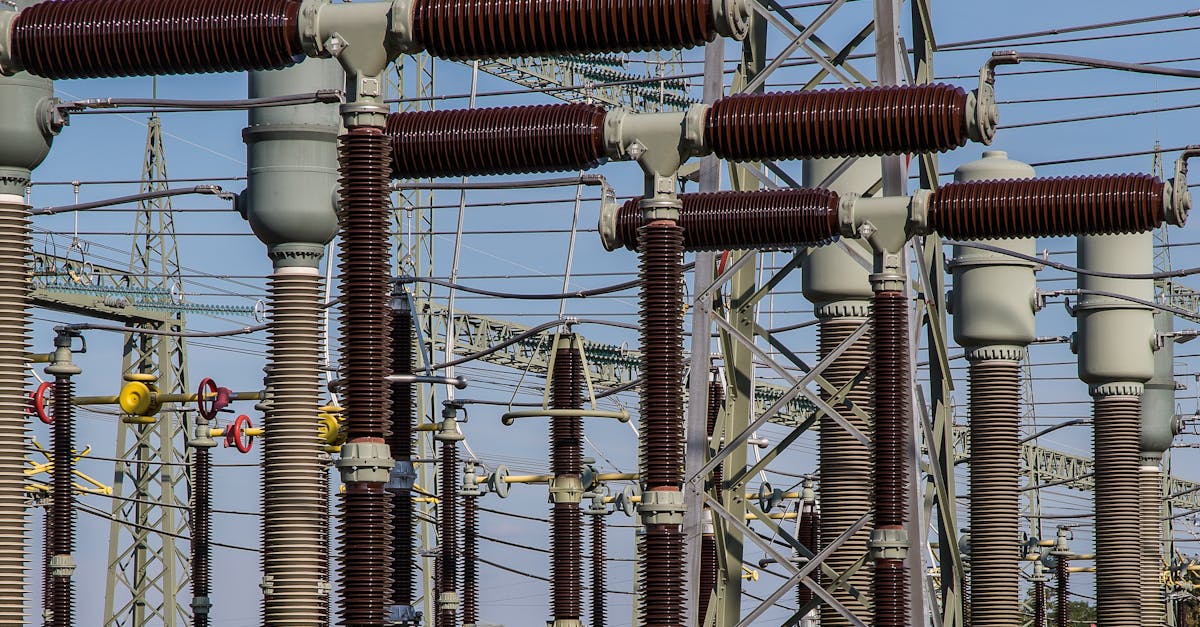
The History of Energy Efficiency in Commercial Buildings
In the late 20th century, the construction industry began to recognise the need for sustainable practices, leading to the establishment of green building standards. These standards aimed to reduce the environmental impact of commercial buildings by p...
Read more →
Why Energy Audits Can Save Your Business Money
In today's business environment, energy efficiency has emerged as a crucial factor for companies aiming to differentiate themselves. By actively engaging in energy audits, organisations not only identify areas for improvement but also demonstrate a c...
Read more →
Why Renewable Energy Integration is Crucial for Businesses
Businesses today face increasing pressure to ensure that their energy supply remains stable and uninterrupted. Reliance on traditional energy sources often exposes companies to market fluctuations and geopolitical tensions. By integrating renewable e...
Read more →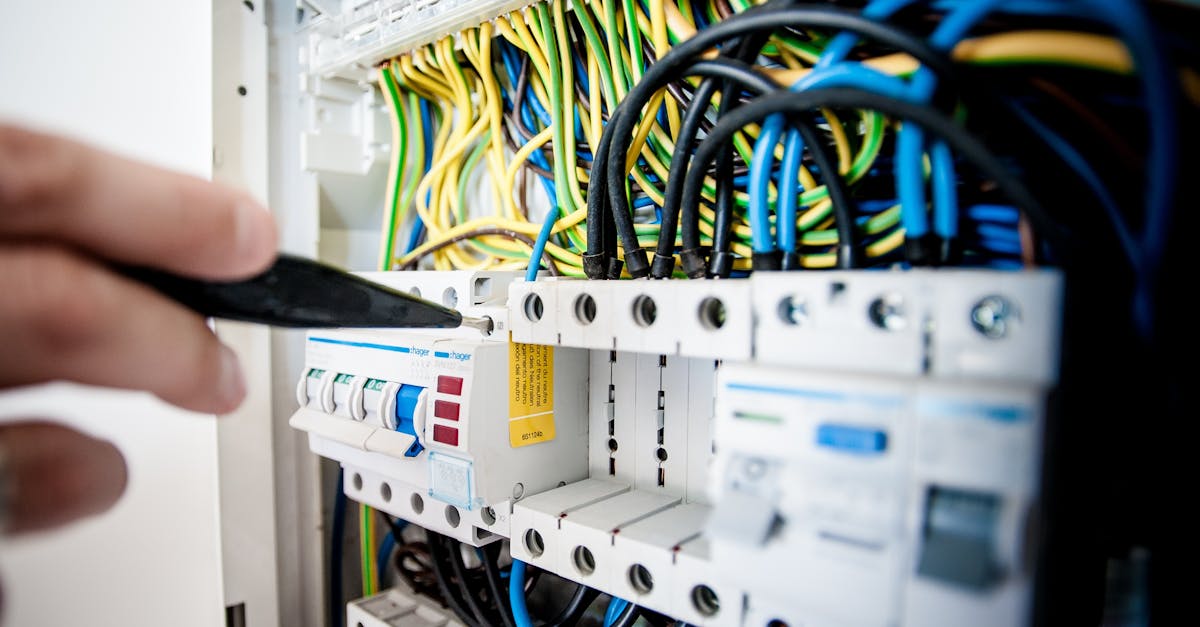
What to Consider When Upgrading HVAC Systems in Commercial Properties
Properly functioning HVAC systems play a crucial role in maintaining a healthy indoor environment. Upgrading to modern systems can significantly improve the quality of air within commercial properties. New technologies often include advanced filtrati...
Read more →
What Are Building Management Systems and Their Benefits
Building management systems play a crucial role in enhancing occupant comfort within residential and commercial spaces. By integrating various technologies, these systems provide seamless control over environmental factors such as temperature, humidi...
Read more →
How to Improve Lighting Efficiency in Office Spaces
Ensuring that lighting systems operate at peak efficiency requires regular inspection and maintenance. This proactive approach can prevent premature failures and enhance energy savings. A thorough check can identify issues such as flickering bulbs or...
Read more →
How to Conduct Effective Energy Audits for Commercial Buildings
When evaluating energy efficiency measures, it is crucial to adopt a comprehensive approach that considers the specific needs and characteristics of the commercial building. Each measure should be assessed based on its potential impact on energy cons...
Read more →
Roundup of Innovative HVAC Technologies for Energy Efficiency
The growing emphasis on sustainable solutions has led to a significant shift towards integrating renewable energy into HVAC systems. Harnessing resources like solar and wind energy reduces reliance on fossil fuels. This transition not only lowers ope...
Read more →
Review of the Top Building Management Systems for Energy Efficiency
Various organisations have successfully implemented building management systems, leading to significant energy savings. For instance, a large university in the UK adopted an integrated system to monitor and control its heating, cooling and lighting. ...
Read more →
10 Tips for Enhancing HVAC Efficiency in Your Business
Proper insulation acts as a barrier against heat loss and gain, significantly improving the efficiency of HVAC systems. When a business premises is well insulated, it reduces the amount of energy needed to maintain a comfortable temperature. Insulati...
Read more →
The History of HVAC Improvements in Commercial Spaces
The rise of refrigeration technology marked a pivotal moment in the evolution of commercial HVAC systems. The late 19th and early 20th centuries saw the introduction of mechanical refrigeration, providing businesses with the means to preserve perisha...
Read more →
Why You Should Invest in Lighting Efficiency Solutions
Various government programmes are designed to encourage businesses and homeowners to adopt energy-efficient lighting solutions. These initiatives often come in the form of tax credits, rebates, and grants. By taking advantage of these financial incen...
Read more →
Why Energy Efficiency Matters for Commercial HVAC Systems
The adoption of advanced technologies is reshaping the landscape of HVAC systems, enabling higher levels of energy efficiency. Variable refrigerant flow (VRF) systems exemplify this trend, allowing precise control of temperature across different spac...
Read more →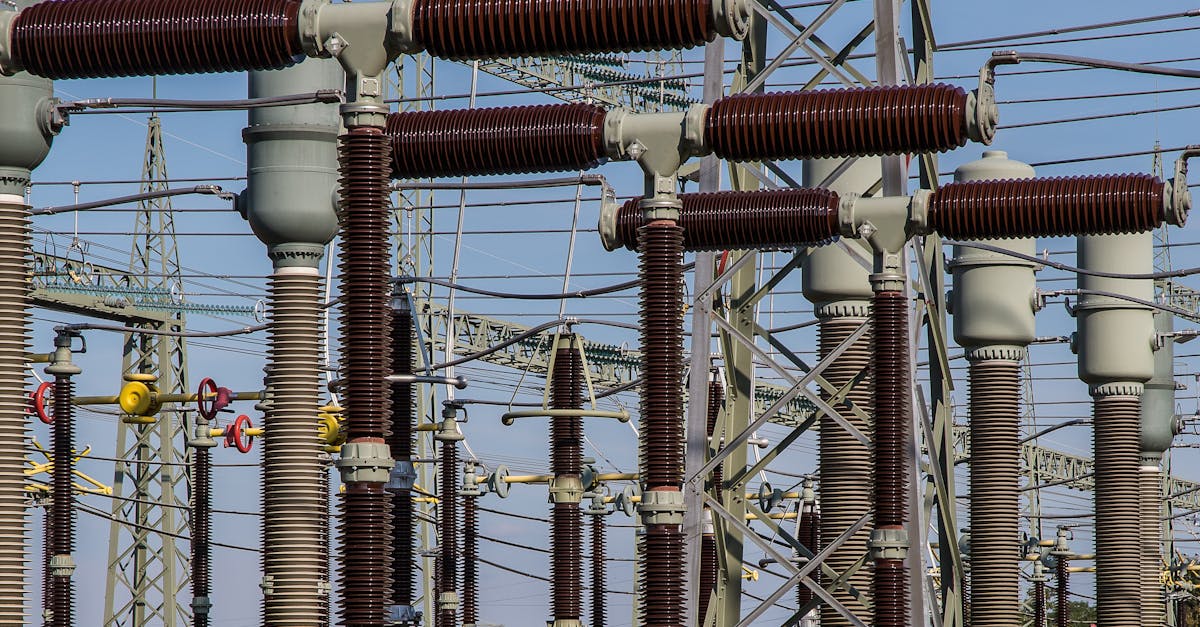
What to Look for in a Building Management System for Energy Efficiency
When selecting a building management system, it is essential to consider how well the system can grow and adapt to future requirements. A scalable platform allows for the integration of new technologies and additional functionalities over time, ensur...
Read more →
How to Improve HVAC Efficiency in Commercial Buildings
Effective insulation plays a significant role in maintaining comfortable temperatures within commercial buildings. By reducing heat loss during winter months and keeping out the heat during summer, it helps in maintaining energy efficiency. Common in...
Read more →
What to Consider When Upgrading Your HVAC System
Integrating smart technology into your HVAC system can greatly enhance efficiency and convenience. Smart thermostats allow users to monitor and control their home temperature remotely, often through an app. These devices can learn your schedule and p...
Read more →
How to Conduct an Effective Energy Audit for Your Commercial HVAC System
Understanding how your HVAC system performs is essential for identifying inefficiencies. Begin by assessing temperature consistency across different zones within your building. Use thermometers to check for variations compared to setpoint temperature...
Read more →
Roundup of the Best Building Management Systems Available
Modern building management systems (BMS) are designed with the flexibility to integrate seamlessly with a wide array of existing technologies. This adaptability is key for facility managers looking to enhance operational efficiency without incurring ...
Read more →
10 Best Practices for Lighting Efficiency in Commercial Buildings
Achieving the correct illumination in commercial spaces is critical for both productivity and energy efficiency. Proper light levels enhance visibility, reduce eye strain, and foster a comfortable working environment. Different areas within a buildin...
Read more →
Review of the Top HVAC Systems for Energy Efficiency
Brand B’s HVAC system showcases a range of advanced features designed for optimal energy efficiency. The system utilises a variable-speed compressor, allowing it to adjust its output according to the specific heating or cooling demands. Smart therm...
Read more →
A Historical Overview of Energy Efficiency Practices in Commercial Buildings
The early 2000s marked a significant shift in public consciousness regarding environmental issues and global warming. This period saw a surge in scientific research that highlighted the rising threats associated with climate change. Reports from orga...
Read more →
Why Lighting Efficiency Matters for Commercial Spaces
Transitioning to enhanced lighting efficiency begins with a comprehensive assessment of existing systems. Conducting a lighting audit helps identify areas where energy is being wasted. This audit can reveal outdated fixtures, inefficient bulbs, or po...
Read more →
Why Investing in Renewable Energy is Beneficial for Businesses
Investing in renewable energy ensures that businesses can operate sustainably over time. This commitment reduces reliance on finite fossil fuels, which are subject to volatile price fluctuations. By embracing energy sources such as solar, wind, and h...
Read more →
What to Look for in a Building Management System
Effective security is a crucial aspect of managing any building. A robust building management system should offer features such as surveillance cameras, motion detectors, and alarm systems. These components work together to monitor and protect the pr...
Read more →
What to Consider When Upgrading Your HVAC System
Regular maintenance is essential to ensure the longevity and efficiency of your HVAC system. Neglecting this aspect can lead to decreased performance, increased energy consumption, and higher costs over time. Scheduled inspections can identify potent...
Read more →
How to Improve Lighting Efficiency in Your Office Space
Zoning your office lighting involves creating distinct areas with tailored illumination that suits the specific activities within those spaces. This approach allows for better control over light levels and energy use. By identifying different zones b...
Read more →
How to Conduct an Effective Energy Audit in Your Commercial Building
Data analysis begins with gathering detailed information on energy usage throughout the building. This includes reviewing bills, logging peak usage times, and assessing performance against benchmarks. Meticulous documentation is essential for obtaini...
Read more →
Review of Top Lighting Efficiency Technologies for Businesses
Incorporating daylight harvesting techniques can significantly enhance energy efficiency within commercial spaces. This practice involves strategically placing architectural features such as skylights, light tubes, and large windows to maximise the i...
Read more →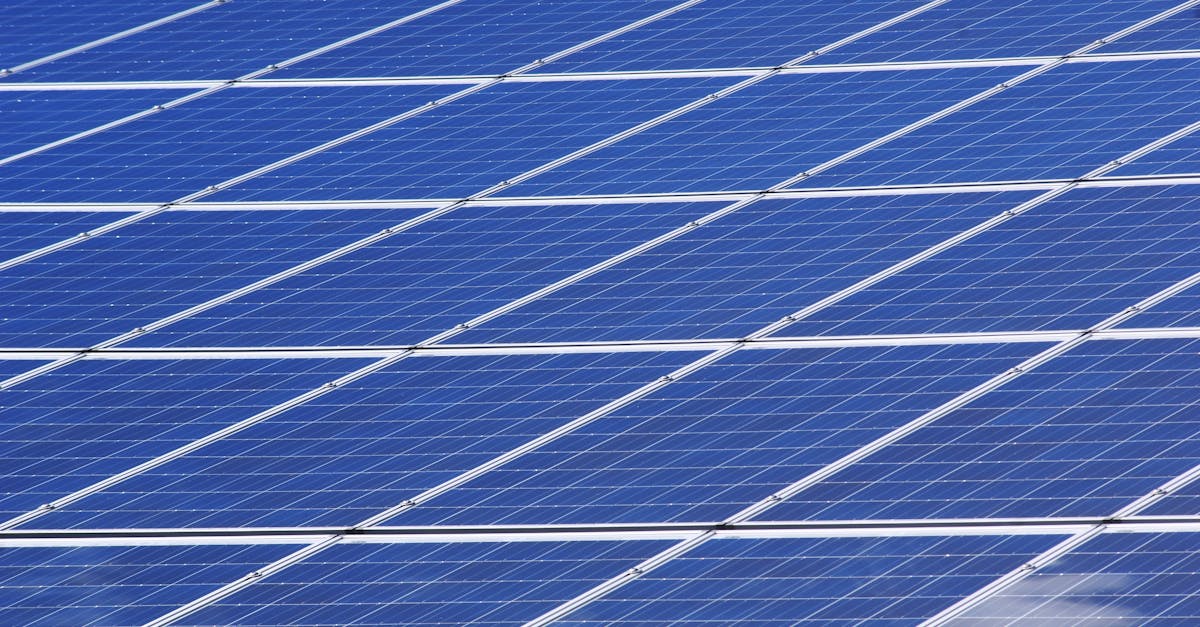
Roundup of the Latest Trends in Commercial Energy Efficiency
Financial incentives play a significant role in encouraging businesses to invest in energy efficiency measures. Various forms of funding are available, including tax credits, rebates, and low-interest loans, which can significantly reduce the upfront...
Read more →
10 Best Practices for Commercial Energy Efficiency
The integration of renewable energy sources into commercial operations is becoming increasingly essential as businesses strive for sustainability. Solar panels and wind turbines provide viable alternatives to traditional energy sources, reducing carb...
Read more →
Historical Development of Energy Audits in the UK
The Energy Act of 2013 marked a significant milestone in the UK's approach to energy efficiency and management. This legislation aimed to streamline processes related to energy use and create a comprehensive framework to encourage investment in low-c...
Read more →
Why Renewable Energy Integration is Beneficial for Businesses
The integration of renewable energy sources often drives significant technological advancements. As businesses seek to maximise efficiency and reduce carbon footprints, they invest in innovative solutions such as advanced energy storage systems and s...
Read more →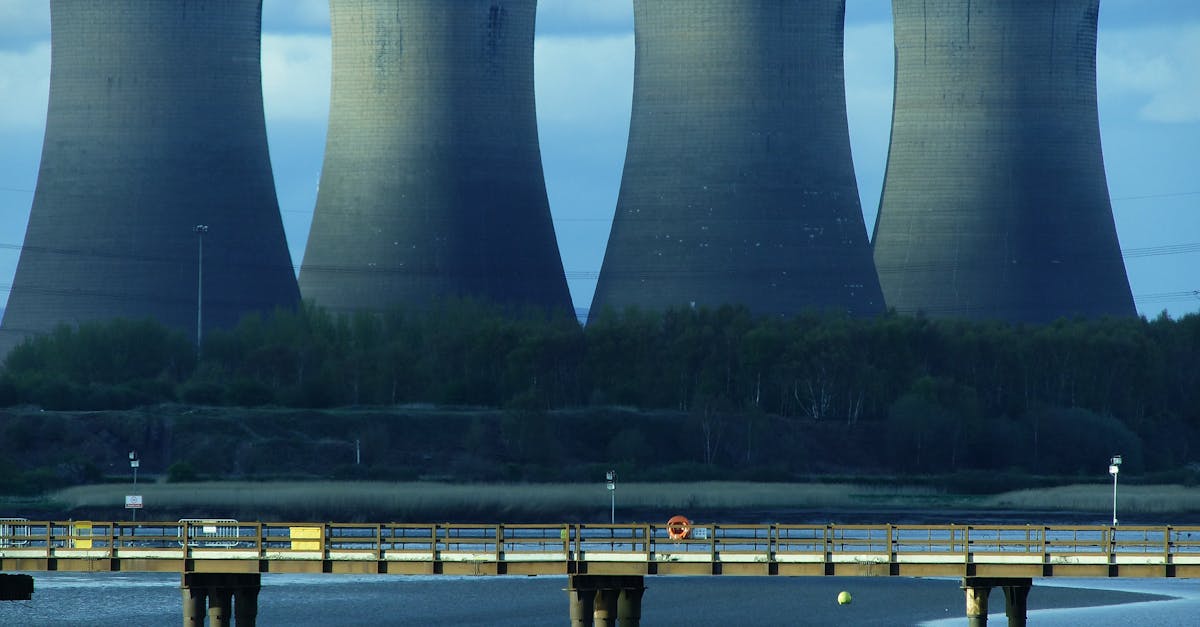
Why Building Management Systems are Essential for Energy Efficiency
Building Management Systems (BMS) play a pivotal role in promoting sustainable practices across various sectors. Through real-time monitoring and control of energy consumption, these systems optimise the performance of heating, ventilation, air condi...
Read more →
What to Consider When Upgrading HVAC Systems
Upgrading HVAC systems can represent a significant investment. However, various incentives and rebates may ease the financial burden. Many local and federal programs exist to encourage energy-efficient upgrades, often providing substantial savings th...
Read more →
How to Improve Energy Efficiency with Lighting Solutions
Harnessing the sun's rays can significantly enhance energy efficiency within any space. Strategically placing windows or skylights allows natural light to permeate rooms, reducing the reliance on artificial lighting. Adjusting the interior layout to ...
Read more →
What to Include in an Energy Assessment Report
To enhance energy efficiency, organisations should evaluate their current energy consumption patterns. Identifying areas of excessive energy use can reveal opportunities for savings. Upgrading to energy-efficient appliances is a straightforward metho...
Read more →
How to Conduct Effective Energy Audits for Commercial Properties
Energy inefficiencies in commercial properties can manifest in various forms, often resulting from outdated systems and practices. Common indicators include inconsistent temperature control, excessive energy consumption relative to industry benchmark...
Read more →
Roundup of the Best Smart Home Technologies for Energy Efficiency
Home automation hubs serve as a central command centre for various smart devices within a home. These hubs allow users to control lighting, heating, security systems, and appliances from a single interface. This not only simplifies the user experienc...
Read more →
Review of the Top Energy-Efficient Appliances in 2023
Recent advancements have transformed the landscape of water heating, leading to the emergence of innovative solutions that prioritise energy efficiency. Heat pump water heaters are at the forefront, utilising ambient air to heat water, which not only...
Read more →
10 Simple Behavioural Changes for Energy Savings
The emergence of smart home technology has transformed the way households manage energy consumption. By integrating devices that allow for remote control and automation, homeowners can significantly reduce their energy usage. Smart thermostats adjust...
Read more →
The Historical Evolution of Home Energy Efficiency
Government interventions have played a pivotal role in shaping the landscape of home energy efficiency over the decades. Initiatives like energy performance standards and building codes have been established to guide and enforce minimum energy effici...
Read more →
Why Investing in Energy-Efficient Appliances Matters
Selecting appliances that prioritise energy efficiency can significantly impact both household bills and the environment. When considering a new appliance, it's important to evaluate not only its initial purchase price but also its long-term operatio...
Read more →
Why Behavioural Changes are Crucial for Energy Savings
Fostering a culture of sustainability within organisations and communities involves integrating environmentally friendly practices into everyday life. By promoting awareness of energy conservation and resource management, individuals can be encourage...
Read more →
What to Consider When Installing Renewable Energy Solutions for Homes
Choosing the right installer is crucial for ensuring the successful implementation of renewable energy systems in your home. Start by researching local companies that specialise in the specific technology you intend to install, be it solar panels, wi...
Read more →
What are the Best Smart Home Technologies for Energy Efficiency
Modern households are increasingly benefiting from the integration of smart appliances, which offer a variety of functions aimed at improving energy efficiency. These devices are designed to optimise energy use by adjusting their operation based on c...
Read more →
How to Choose Energy-Efficient Appliances
When planning to invest in energy-efficient appliances, it's crucial to establish a budget that reflects both the initial costs and potential long-term savings. Begin by researching the prices of various models, taking note of energy ratings and feat...
Read more →
How to Improve Home Insulation Techniques
Floor and basement insulation plays a crucial role in maintaining comfortable indoor temperatures. Insulating these areas helps prevent heat loss during colder months and can significantly reduce energy costs. Common techniques include using rigid fo...
Read more →
Roundup of Top Renewable Energy Solutions for Homeowners
Homeowners increasingly turn to energy storage solutions to maximise their renewable energy investments. These systems capture excess energy generated from sources like solar panels, allowing for usage during periods of low production or high demand....
Read more →
Review of the Best Energy-Efficient Appliances
The evolution of home technology has paved the way for advancements in climate control, particularly with the emergence of smart thermostats. These devices offer a level of automation and programmability that traditional thermostats cannot provide. T...
Read more →
10 Tips for Maximising Energy Efficiency at Home
Proper management of heating and cooling systems plays a crucial role in promoting energy efficiency. Regularly checking and cleaning filters can help these systems operate more effectively. Additionally, investing in a programmable thermostat allows...
Read more →
Why Behavioural Changes are Crucial for Energy Savings
The intersection of technology and behavioural change presents a promising avenue for achieving greater energy efficiency. Smart devices, such as programmable thermostats and energy monitoring systems, enable individuals to track their consumption pa...
Read more →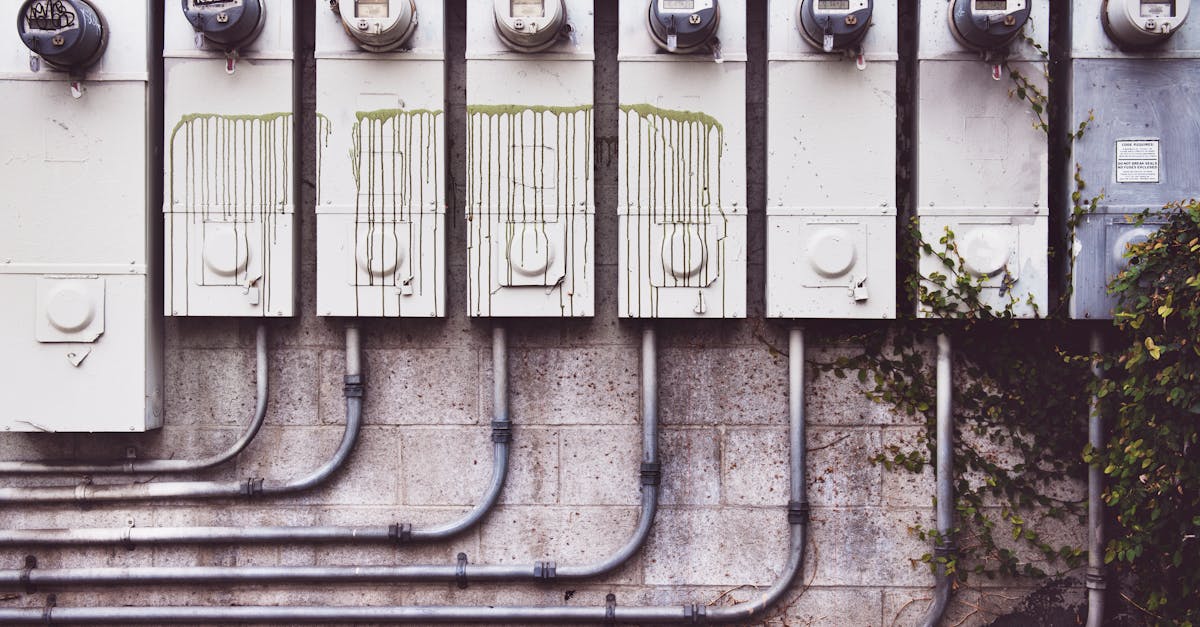
Why Invest in Renewable Energy for Your Home
Investing in renewable energy empowers homeowners to take control of their energy sources. By harnessing natural resources such as solar or wind, individuals can significantly reduce their dependence on traditional energy providers. This shift not on...
Read more →
The History of Energy Efficiency in Residential Homes
Sustainable building practices emerged in response to growing environmental concerns and a demand for more efficient resource use. Architects and builders began to embrace eco-friendly materials and designs that reduced energy consumption. Techniques...
Read more →
What to Consider When Upgrading to Smart Home Technology
Reliable connectivity serves as the backbone for smart home technology. A strong, secure Wi-Fi network allows devices to communicate effectively with one another, impacting overall performance and user experience. It is crucial to assess the current ...
Read more →
What are Renewable Energy Solutions for Homes
Geothermal energy systems harness the heat generated beneath the Earth's surface for residential heating and cooling. This method utilises a network of underground pipes to circulate a fluid that absorbs geothermal heat in winter or expels it during ...
Read more →
How to Choose Energy-Efficient Appliances
When planning to invest in energy-efficient appliances, it is essential to consider both the initial purchase price and the potential long-term savings. While energy-efficient models may have a higher upfront cost compared to standard appliances, the...
Read more →
How to Improve Home Insulation for Energy Efficiency
Drafting an effective air sealing strategy can significantly enhance your home’s energy efficiency. Begin by identifying common problem areas, such as around windows, doors, electrical outlets, and plumbing fixtures. Inspecting these spaces for gap...
Read more →
Roundup of Innovative Smart Home Technologies
The rise of connected appliances has significantly changed the dynamics of modern living. These devices are designed to communicate with one another and the homeowner, allowing for enhanced efficiency and convenience. Kitchen appliances such as smart...
Read more →
Review of the Best Energy-Efficient Appliances of 2023
In recent years, the market has seen a notable surge in air conditioning units designed with energy efficiency in mind. Manufacturers have integrated advanced technology, such as inverter compressors and variable speed fans, which adjust the cooling ...
Read more →
10 Smart Home Devices to Enhance Energy Efficiency
Energy consumption often extends beyond active use, with many devices consuming power even when not in use. Smart power strips address this issue effectively by allowing users to manage multiple devices simultaneously. These strips intelligently cut ...
Read more →
Historical Overview of Energy Efficiency in Residential Homes
The 1980s marked a significant shift in public consciousness regarding environmental issues, catalysed by a growing awareness of pollution and resource depletion. Activism flourished, with various organisations advocating for more responsible environ...
Read more →
Why Smart Home Technology is Key to Energy Efficiency
Real-time monitoring of energy consumption allows homeowners to gain insights into their usage patterns. Smart meters and energy management applications collect data continuously, enabling users to see their energy consumption at any moment. This ins...
Read more →
Why Behavioural Changes Matter for Energy Savings
Advancements in technology have a profound impact on energy consumption patterns. With the introduction of smart appliances and home automation systems, individuals gain greater control over their energy use. These devices often come equipped with fe...
Read more →
What to Look for in Renewable Energy Solutions for Homes
When considering renewable energy solutions for homes, the quality of equipment plays a crucial role in performance and reliability. This entails assessing components such as solar panels, wind turbines, and batteries. Look for certifications and sta...
Read more →
What to Know About Home Insulation Techniques
In modern construction, insulation plays a critical role in enhancing energy efficiency and overall comfort. New builds often incorporate advanced materials that offer better thermal performance compared to older options. For instance, rigid foam boa...
Read more →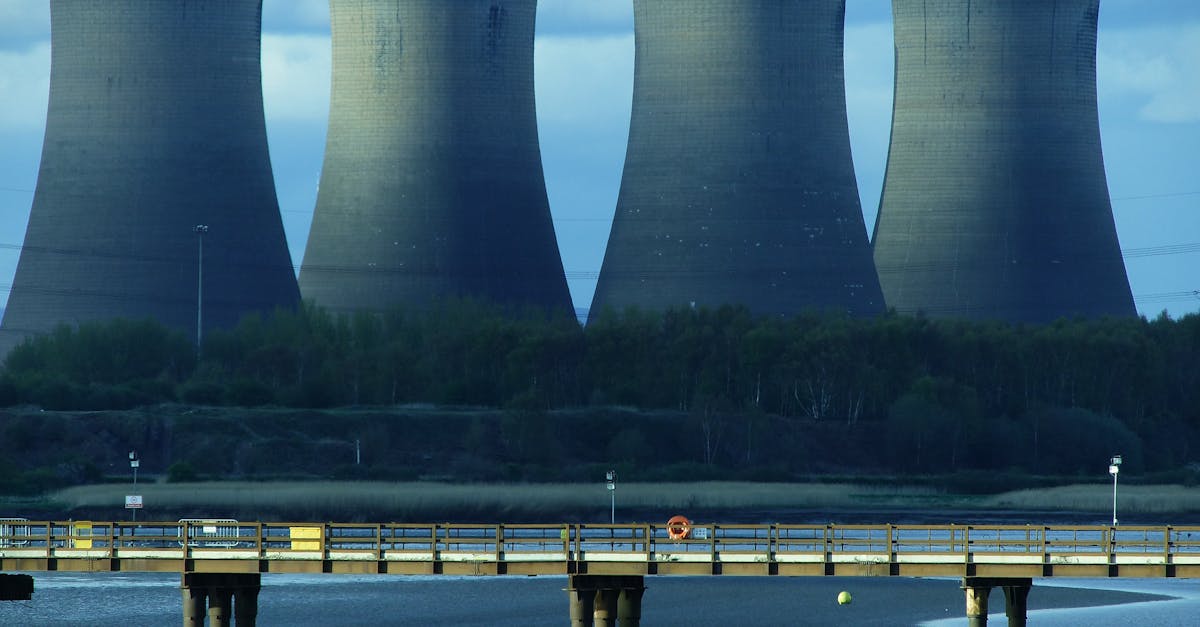
How to Implement Smart Home Technology for Energy Efficiency
Smart lighting solutions play a pivotal role in enhancing both convenience and energy efficiency within a home. These systems allow users to control their lights remotely, often through a smartphone app or a voice-activated assistant. This level of c...
Read more →
How to Choose the Right Energy-Efficient Appliances
Government rebates can play a significant role in making energy-efficient appliances more accessible and affordable. Many countries offer various incentives aimed at encouraging consumers to invest in appliances that reduce energy consumption. These ...
Read more →
Roundup of Innovative Energy-Efficient Appliances in 2023
The latest models of air conditioners are designed to operate with significantly improved energy efficiency. Many units now use refrigerants with a lower global warming potential, reducing their environmental impact. Enhanced inverter technology allo...
Read more →
Review of the Best Energy-Efficient Appliances on the Market
Choosing energy-efficient cooking appliances can significantly reduce your household's energy consumption. Induction cooktops, for instance, heat up quickly and provide precise temperature control. Unlike traditional electric or gas stoves, they tran...
Read more →
Top 10 Energy-Efficient Appliances for Every Home
Smart thermostats play a pivotal role in enhancing energy efficiency within homes. These devices allow users to control their heating and cooling systems remotely through smartphone applications, making it simple to adjust settings based on real-time...
Read more →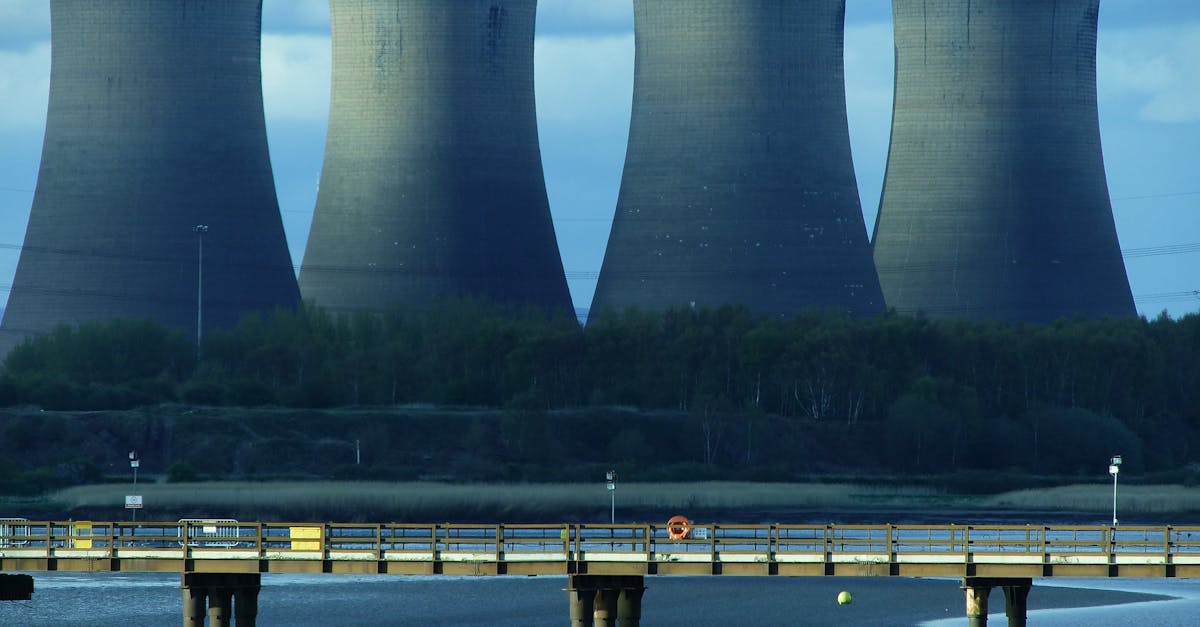
The History of Energy-Efficient Appliances and Their Evolution
Government regulations have played a significant role in shaping the landscape of energy-efficient appliances. From the introduction of energy labels to minimum efficiency standards, these policies have provided a framework for manufacturers to impro...
Read more →
Why Energy-Efficient Appliances are Worth the Cost
Traditional appliances often consume significantly more energy than their energy-efficient counterparts. This is primarily due to older technology and standards that do not prioritise efficiency. For example, older refrigerators may use two to three ...
Read more →
Why Invest in Energy-Efficient Appliances
Many consumers turn to energy-efficient appliances as a means to reduce energy bills while promoting sustainability. These appliances come in various types, each designed to consume less energy than traditional models. For instance, refrigerators wit...
Read more →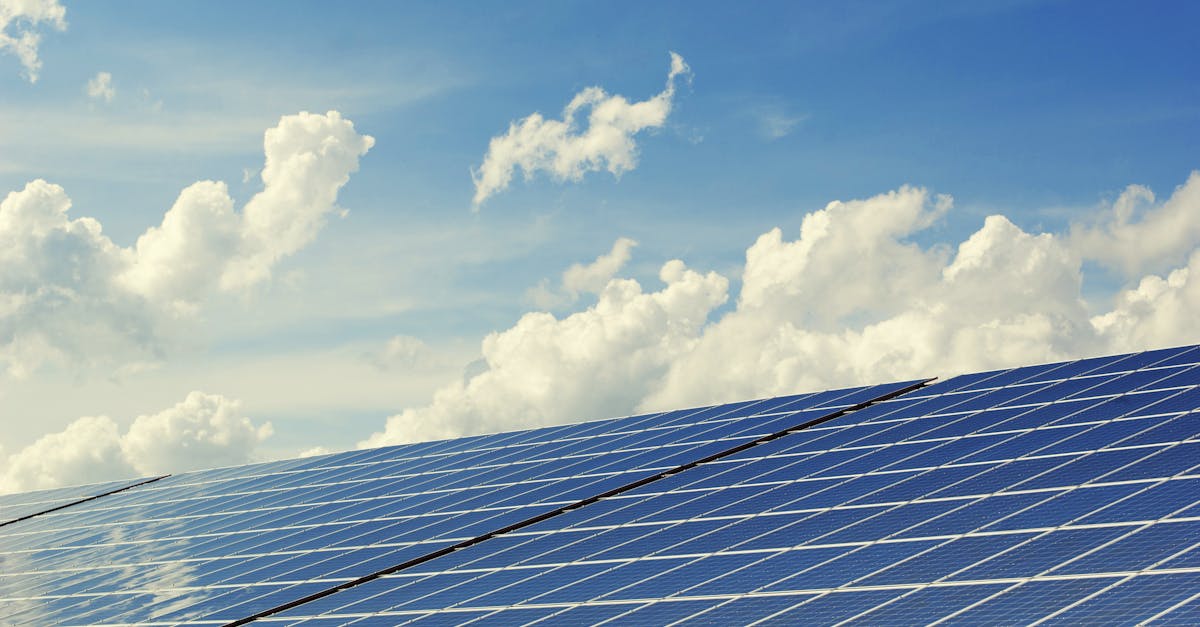
What are the Benefits of Energy-Efficient Appliances
Many homeowners find that upgrading to energy-efficient appliances not only enhances their living environment but also comes with financial benefits. Various local governments and utility companies offer rebates and incentives for purchasing Energy S...
Read more →
How to Maintain and Maximise Efficiency of Energy-Efficient Appliances
Adopting energy-conscious habits significantly enhances the efficiency of appliances. Simple actions such as switching off devices when not in use can reduce energy consumption. Regularly cleaning appliances, especially filters in appliances like ref...
Read more →
What to Look for When Buying Energy-Efficient Appliances
Choosing a well-regarded brand when purchasing energy-efficient appliances can significantly affect your satisfaction and the appliance’s performance. Established manufacturers often invest in research and development to enhance their products' eff...
Read more →
How to Choose Energy-Efficient Appliances for Your Home
When selecting energy-efficient appliances, it's essential to factor in both the purchase price and the ongoing expenses associated with their operation. Although some appliances may have a higher initial cost, they often provide savings over time th...
Read more →
Roundup of Innovative Home Insulation Methods
This insulation material is renowned for its fire-resistant properties, making it a popular choice for many homeowners. Comprised of natural or recycled materials, it is effective at reducing noise pollution while providing excellent thermal performa...
Read more →
Review of the Top Insulation Products on the Market
Mineral wool insulation, made from natural or recycled materials, provides excellent thermal resistance. It consists of fibrous materials that trap air pockets, which help in reducing heat transfer. This insulation type also boasts impressive soundpr...
Read more →
7 Essential Home Insulation Tips for Energy Savings
Proper insulation of walls and floors plays a pivotal role in enhancing energy efficiency within the home. Walls, being a significant area for heat loss, can be insulated using various techniques depending on the construction type. For solid walls, i...
Read more →
A Historical Overview of Home Insulation Techniques
The impact of insulation materials on the environment has become increasingly significant. Traditional insulation options, such as fibreglass and foam, have raised concerns regarding their production processes and eventual disposal. As awareness of e...
Read more →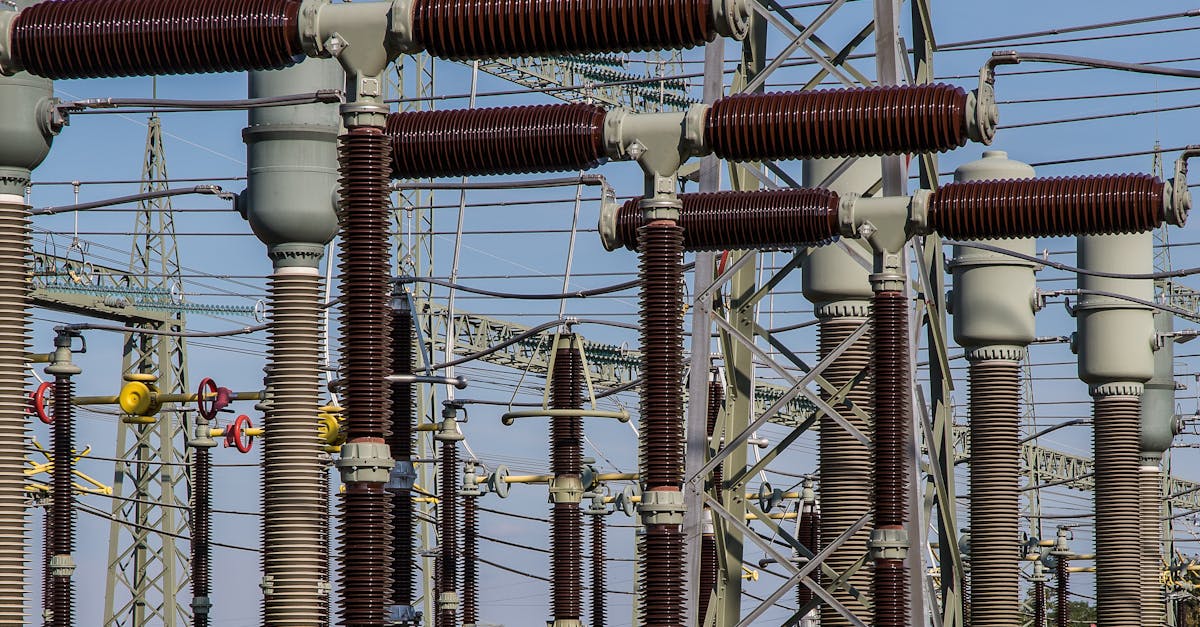
What to Consider When Insulating Your Home
When considering insulation options, homeowners often face the dilemma of whether to hire professionals or undertake the task themselves. Professional insulation services provide expertise, ensuring that installations meet industry standards and loca...
Read more →
Why is Home Insulation Important for Energy Efficiency?
Understanding the insulation needs of your home is crucial for achieving optimal energy efficiency. Start by looking for signs of inadequate insulation, such as fluctuating indoor temperatures or increased energy bills. Insulating materials have spec...
Read more →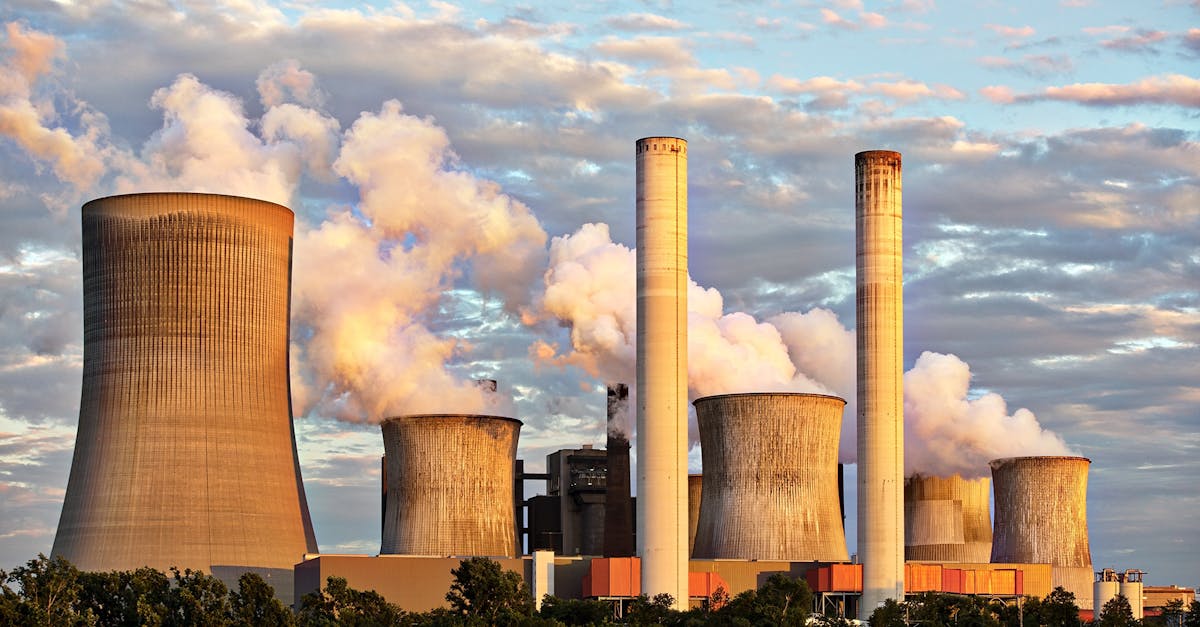
Why Choose Eco-Friendly Insulation Options?
The installation process for eco-friendly insulation often begins with proper assessment and preparation of the space. This involves measuring areas to determine the quantity of materials needed and ensuring that surfaces are clean and dry. Depending...
Read more →
What are the Benefits of Home Insulation?
Effective insulation acts as a barrier against moisture intrusion, significantly reducing the chances of dampness within a home. Moisture can permeate walls and ceilings, leading to structural damage over time. Insulated spaces maintain a more stable...
Read more →
How to Insulate Your Home Effectively
Proper insulation of floors can significantly reduce heat loss in a home. This is especially important for areas where cold air can seep through gaps and cracks. Insulating materials such as fiberglass batts, rigid foam boards, or spray foam can be u...
Read more →
How to Choose the Best Insulation Materials
When selecting insulation materials, it is crucial to consider how they perform in various climatic conditions. In warmer climates, for example, materials with low thermal conductivity can help keep indoor environments cool by resisting heat transfer...
Read more →